Helping the bedridden elderly is essential in navigating through life. As we grow old, we tend to lose mobility, which may lead to feelings of isolation. With the loss of mobility comes the loss of independence.
In this context, it is important to help empower the lives of our elderly loved ones. We can help our bed-bound patients in several ways. One must learn how to give a bed bath while maintaining dignity. Aside from that, we must know several hygiene and bedridden tips. Learning to take care of them while helping them maintain their dignity is essential.
Contents
A Guide to Helping the Bedridden Elderly

Tips for Hygiene in Caring for Bed-Bound Patients
In this article, I will provide all the tips to help you care for elderly loved ones. As someone currently caring for a bedridden loved one, knowing someone is facing the same situation I am is helpful. Let’s now discuss the tips needed to help the bedridden elderly.
1. Help them in Regularly Bathing

2. Don’t Forget Oral Care

3. Pay Attention to Skin Care
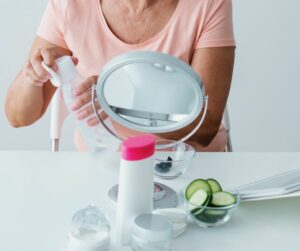
4. Change Clothes and Bedding Always
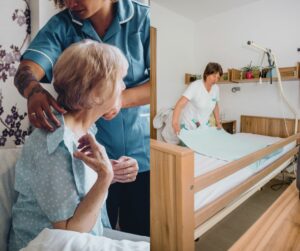
5. Help Them Clean Their Hair and Nails

How to Give a Bed Bath
A. Gather the Essentials
B. Prepare the Room
C. Provide Privacy and Dignity
D. Prepare the Bath Water
E. Help Them Undress if Needed
F. Begin the Bath
G. Dry Skin Thoroughly
H. Apply Moisturizer
I. Help Them Dress
6. Keep Their Area Clean
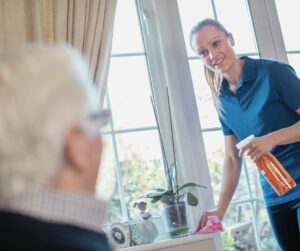
7. Keep Yourself Clean Too
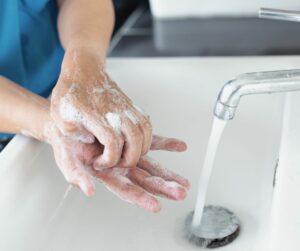
8. Remember Regular Dental Check-Ups!

Loss of Independence Negative Impact
When to Ask for Professional Help
Last Words on Helping the Bedridden Elderly
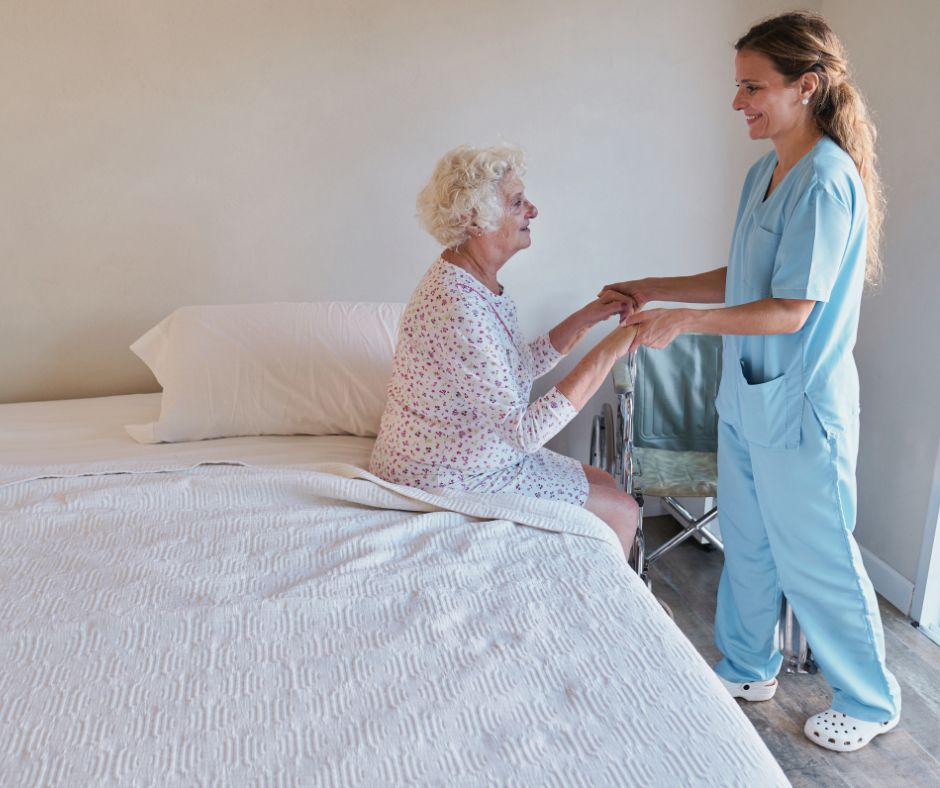
FAQs in Helping the Bedridden Elderly
How often should you change the clothes of a bedridden elderly person?
I would recommend changing their clothes at least once a day if you are living in a cold area. If you are living in a hotter area, it’s important to change more than once. A great rule of thumb is to change their clothes whenever it looks dirty or soiled.
How often should bedding be changed for a bedridden elderly person?
You should change the bedding at least every 1-2 days. But, more frequent changes may be necessary if the bedding becomes soiled, or wet, or if there are any signs of bedsores. That’s why it’s important to always look out for your parent daily.
Are there any signs I should look out for that may show a need for more frequent clothing or bedding changes?
Yes. Signs of sweating, foul odor, or visible soiling of clothes or bedding are some signs to look for. Please don’t let it get to the point that pressure sores are starting to form. It’s important to change bedding at least every two days.
When should I seek Professional Help?
You should seek professional help when you still feel uncertain about yourself. Asking for professional help at the start of your care for your loved one will help you learn from them the correct way to care for your elderly loved one. You should also seek professional help when your elderly loved one requires specialized care. Last, seek professional help when that is your loved one’s preference.





